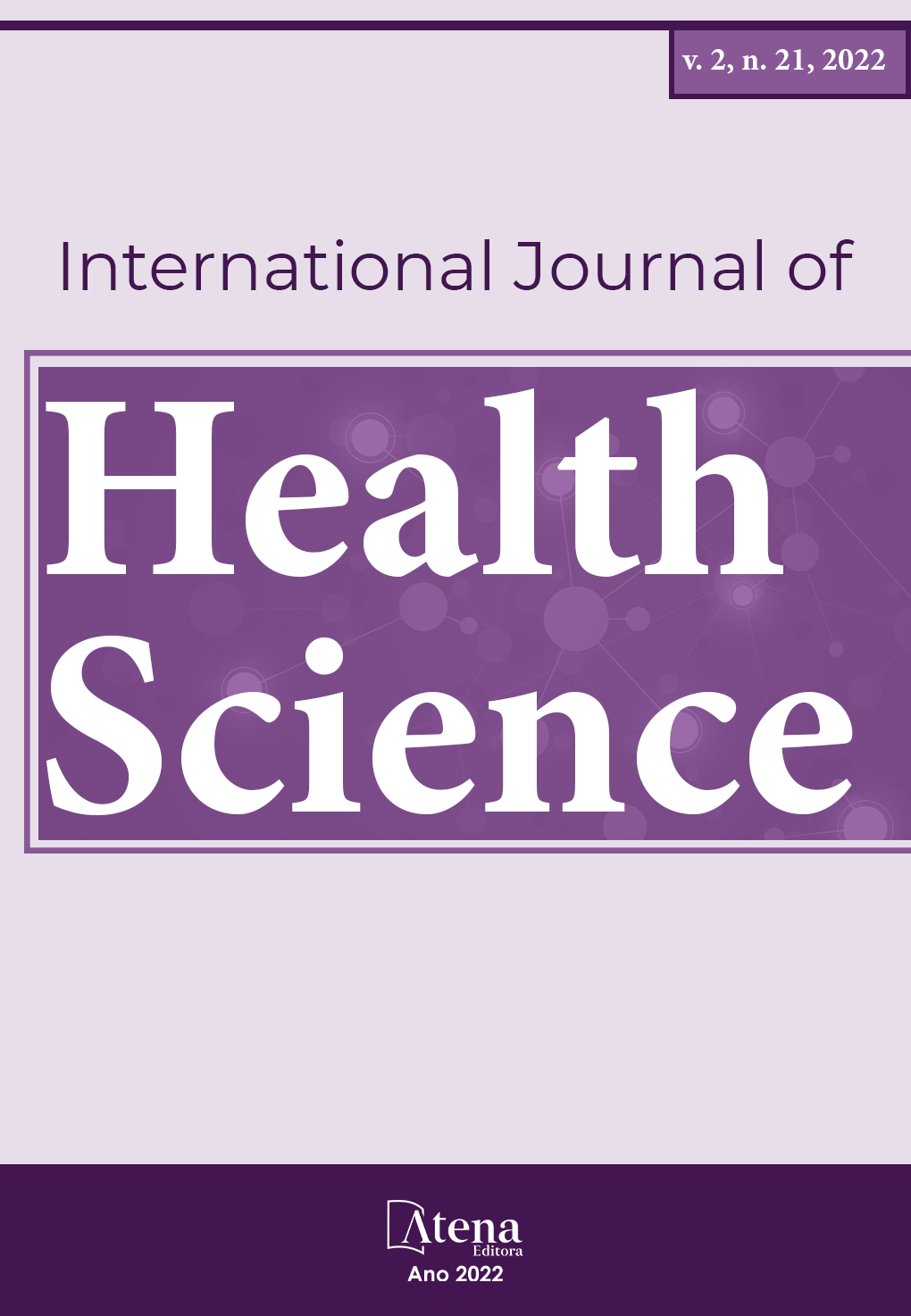
PHARMACOTHERAPEUTIC FOLLOW-UP BEFORE THE USE OF ANTITHROMBOTICS, ANTICOAGULANTS AND ANTIPLATETARYS: A REVIEW
Knowing that cardiovascular diseases have a high mortality in Brazil and in the world, thrombosis is a pathology that stands out in this system for triggering different complications. To mitigate these risks, drugs such as anticoagulants and antiplatelet agents are widely used, and these modulators need a lot of attention. The pharmaceutical professional is trained to assist in this therapy through different interventions, resulting directly in better adherence and in the minimization of possible DRPs evidenced by patients. As a result, this study aimed to emphasize the importance of the clinical pharmacist in the face of the pharmacotherapy that is protocolled in cases of thrombosis. It is a narrative literature review using articles indexed in academic research databases within a time frame of 10 years (2011-2021). Thrombosis, in turn, occurs due to inappropriate activation of clotting factors without hemorrhagic evidence, and anticoagulant and antiplatelet drugs are used, which will act at some point in the coagulation cascade aiming at the treatment and prevention of thrombi. As they need special attention, the literature points out that the presence of the pharmacist in the follow-up of patients on anticoagulant therapy is essential to improve adherence, pharmacotherapy results, reduce the intrinsic risks of medicines, as well as provide a better quality of life for patients. From the results found in the literature, it is noted that the clinical pharmacist is relevant in the therapy of thrombotic diseases, and their role is to minimize the risks and increase the success of the treatment.
PHARMACOTHERAPEUTIC FOLLOW-UP BEFORE THE USE OF ANTITHROMBOTICS, ANTICOAGULANTS AND ANTIPLATETARYS: A REVIEW
-
DOI: 10.22533/at.ed.15922122200410
-
Palavras-chave: Thrombosis; pharmacotherapy; Anticoagulants; Antiplatelet agents.
-
Keywords: Thrombosis; pharmacotherapy; Anticoagulants; Antiplatelet agents.
-
Abstract:
Knowing that cardiovascular diseases have a high mortality in Brazil and in the world, thrombosis is a pathology that stands out in this system for triggering different complications. To mitigate these risks, drugs such as anticoagulants and antiplatelet agents are widely used, and these modulators need a lot of attention. The pharmaceutical professional is trained to assist in this therapy through different interventions, resulting directly in better adherence and in the minimization of possible DRPs evidenced by patients. As a result, this study aimed to emphasize the importance of the clinical pharmacist in the face of the pharmacotherapy that is protocolled in cases of thrombosis. It is a narrative literature review using articles indexed in academic research databases within a time frame of 10 years (2011-2021). Thrombosis, in turn, occurs due to inappropriate activation of clotting factors without hemorrhagic evidence, and anticoagulant and antiplatelet drugs are used, which will act at some point in the coagulation cascade aiming at the treatment and prevention of thrombi. As they need special attention, the literature points out that the presence of the pharmacist in the follow-up of patients on anticoagulant therapy is essential to improve adherence, pharmacotherapy results, reduce the intrinsic risks of medicines, as well as provide a better quality of life for patients. From the results found in the literature, it is noted that the clinical pharmacist is relevant in the therapy of thrombotic diseases, and their role is to minimize the risks and increase the success of the treatment.
-
Número de páginas: 16
- Mabel Sodré Costa Sousa
- José Marcos Teixeira de Alencar Filho
- Ivania Batista de Oliveira
- Tarcísio Rezene Lopes
- Stefanye Ferreira dos Santos
- Mauro Márcio Marques Dourado Filho
- Layla Oliveira Sodré Coelho
- Icaro da Silva Freitas
- Andrey Miranda Rios
- Victor Clayton Sousa Nunes
- Kleison Alves de Souza
- Morganna Thinesca Almeida Silva


